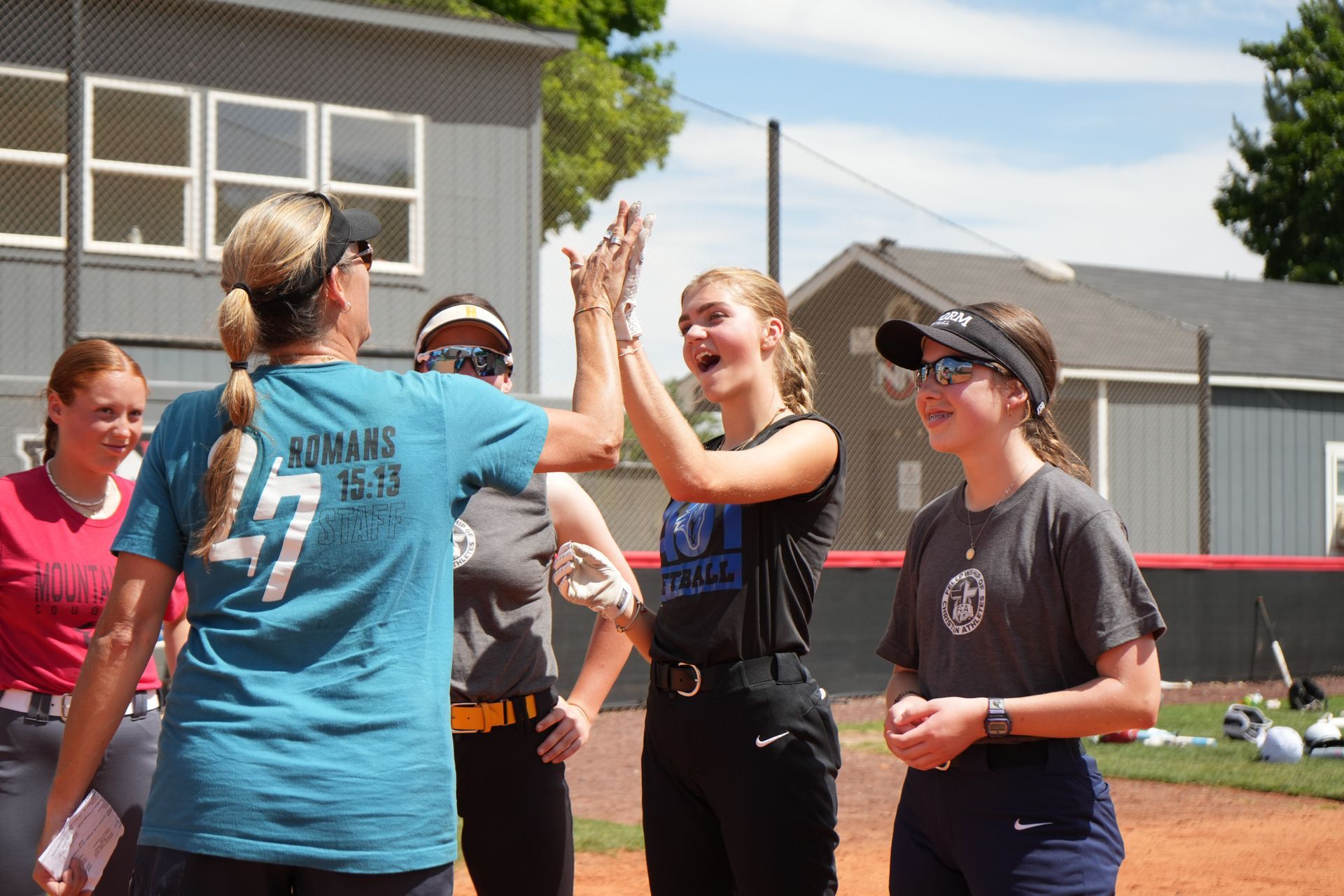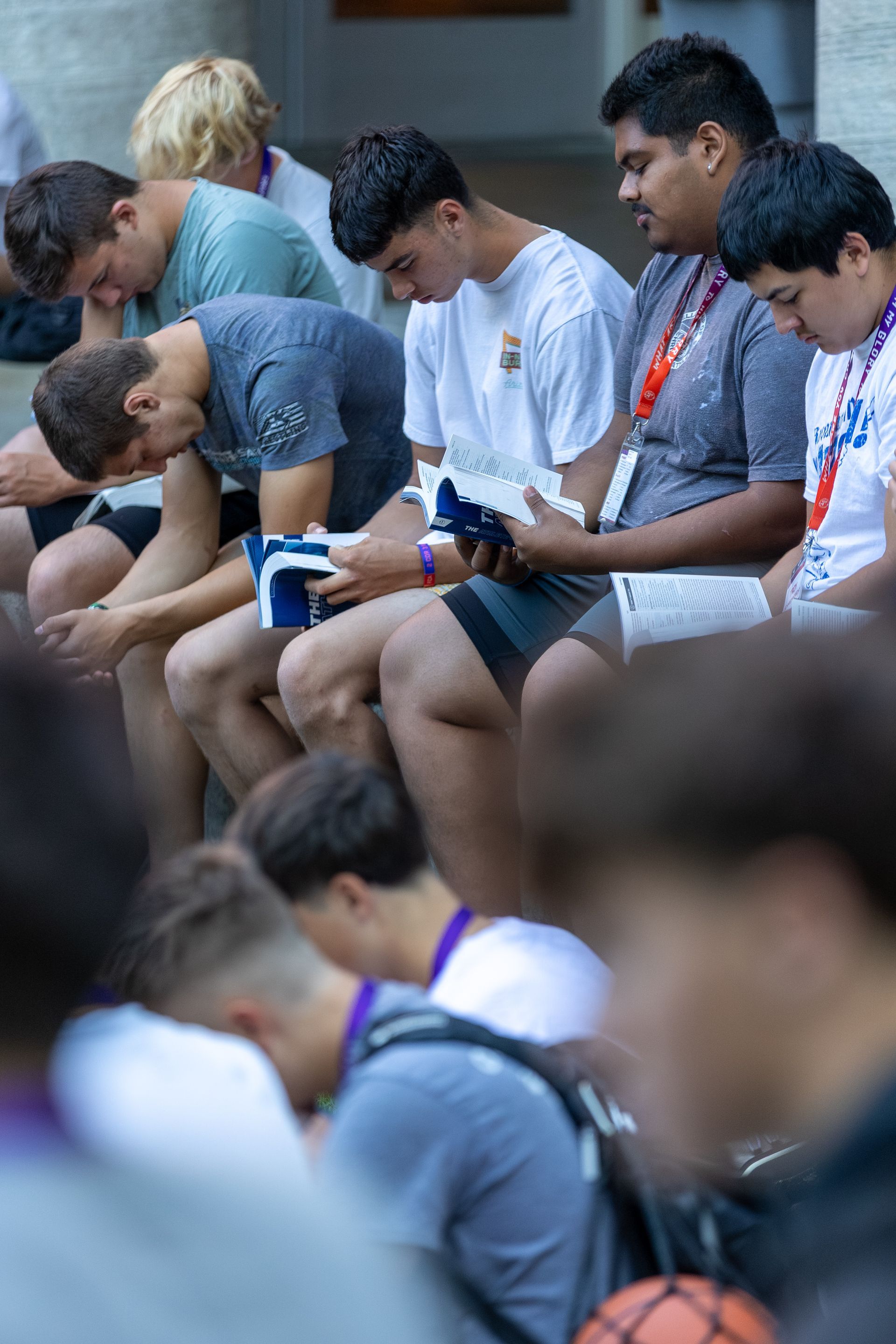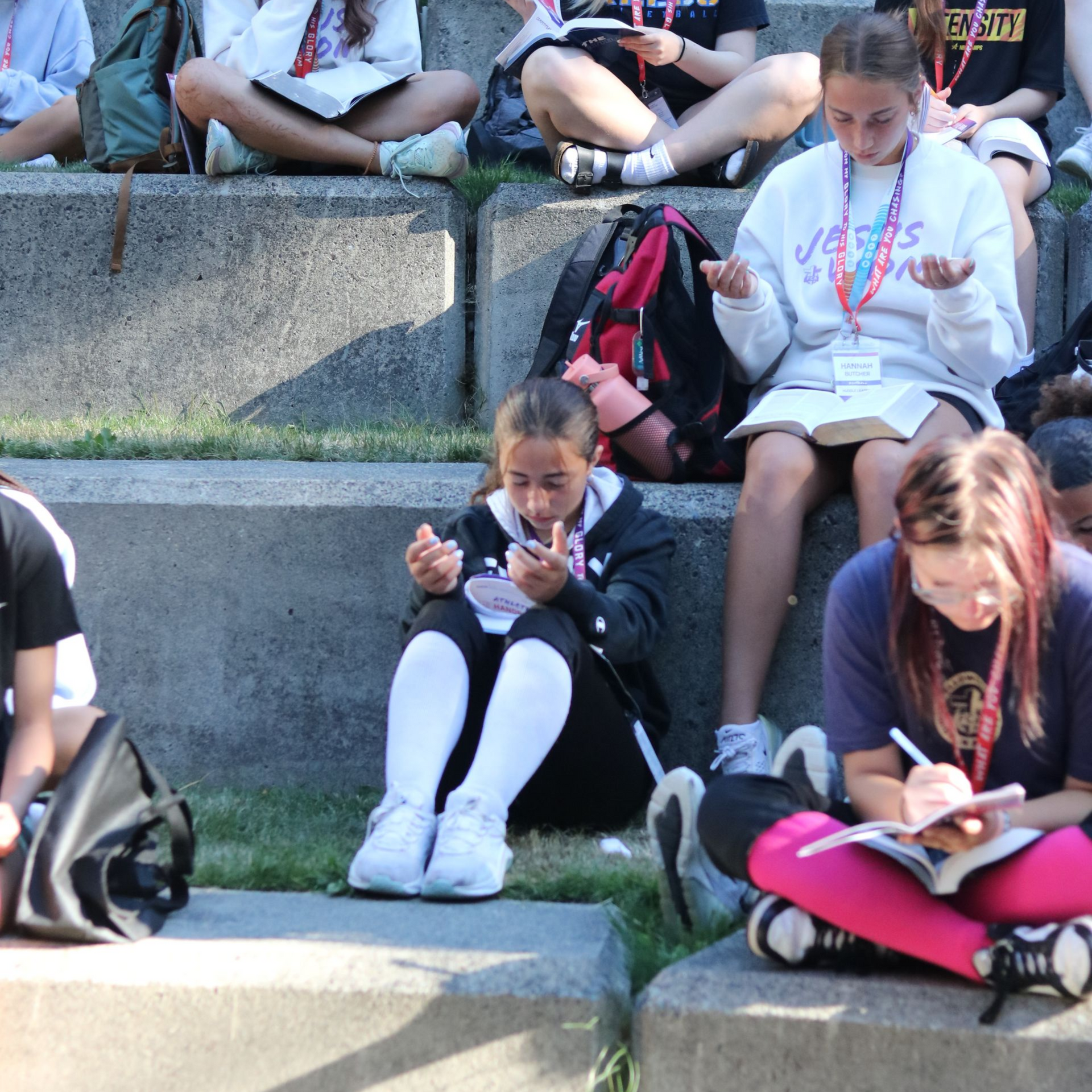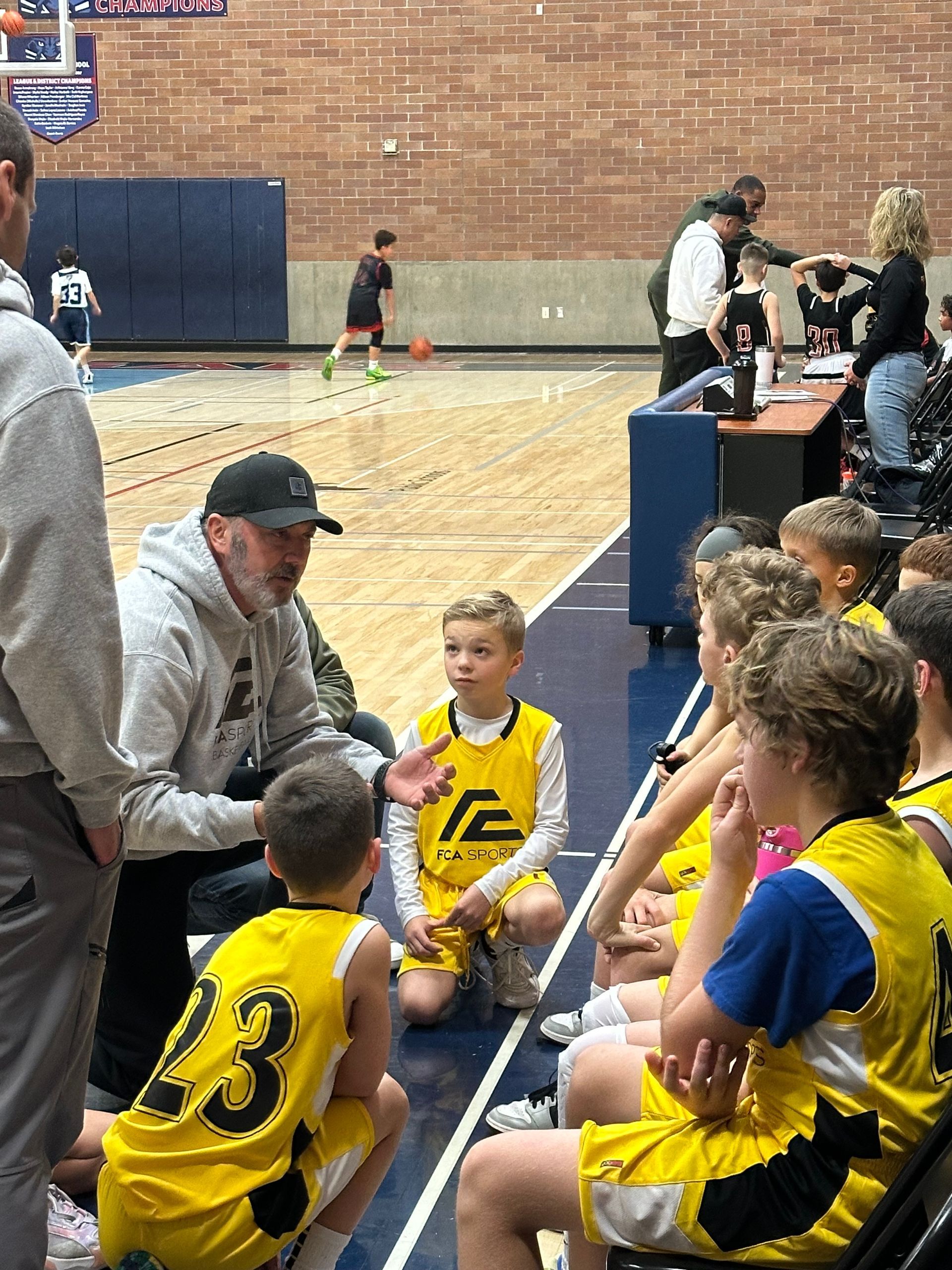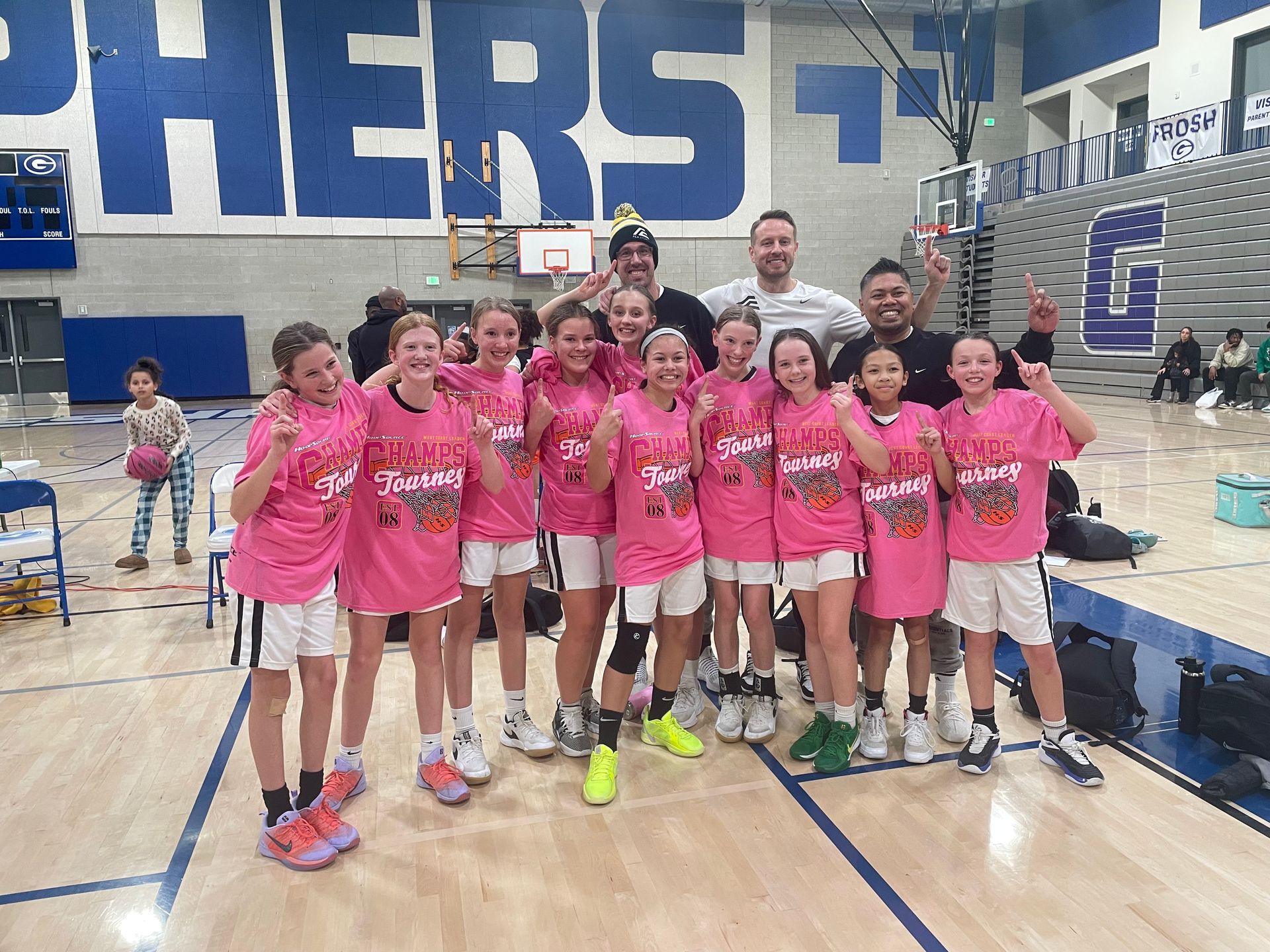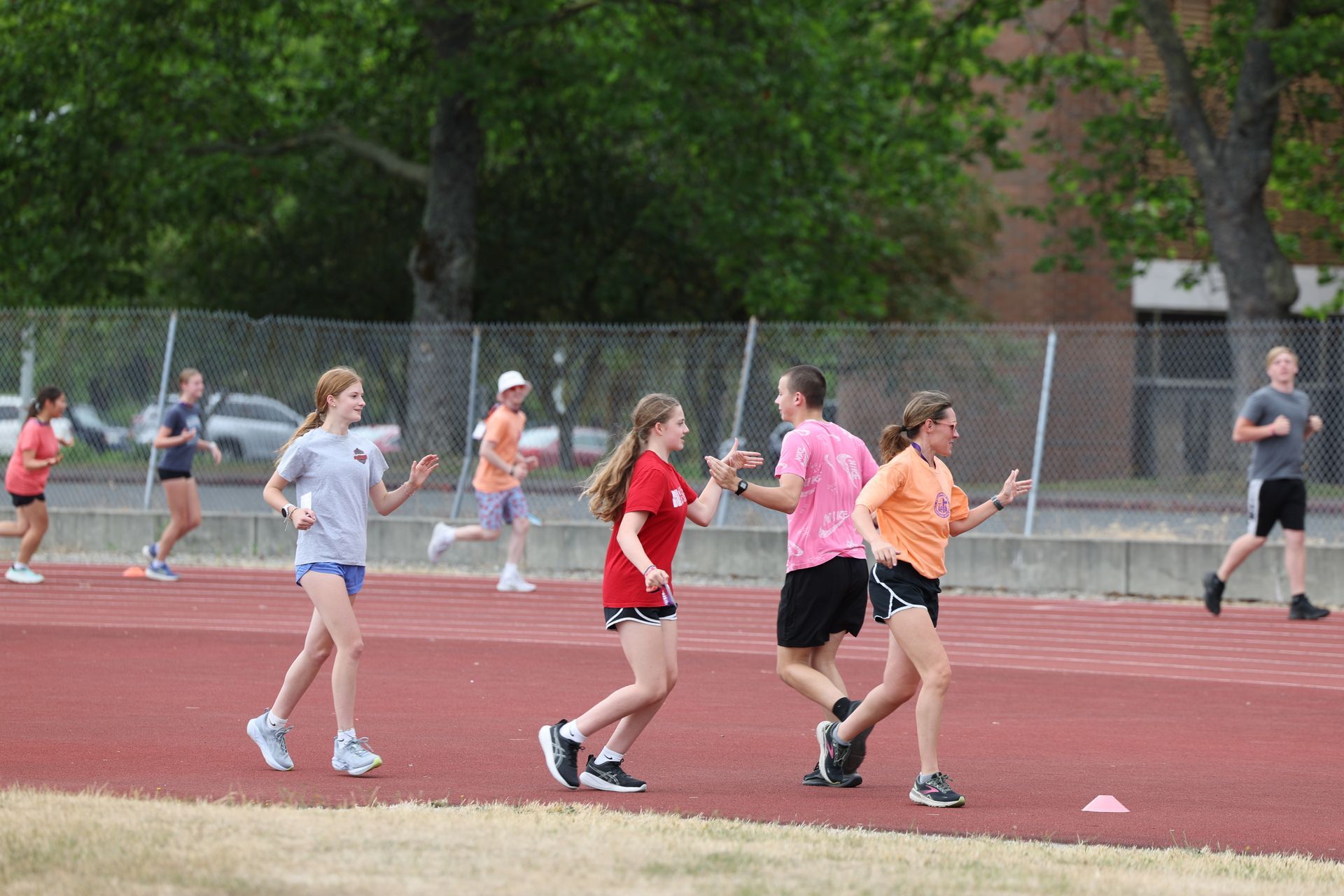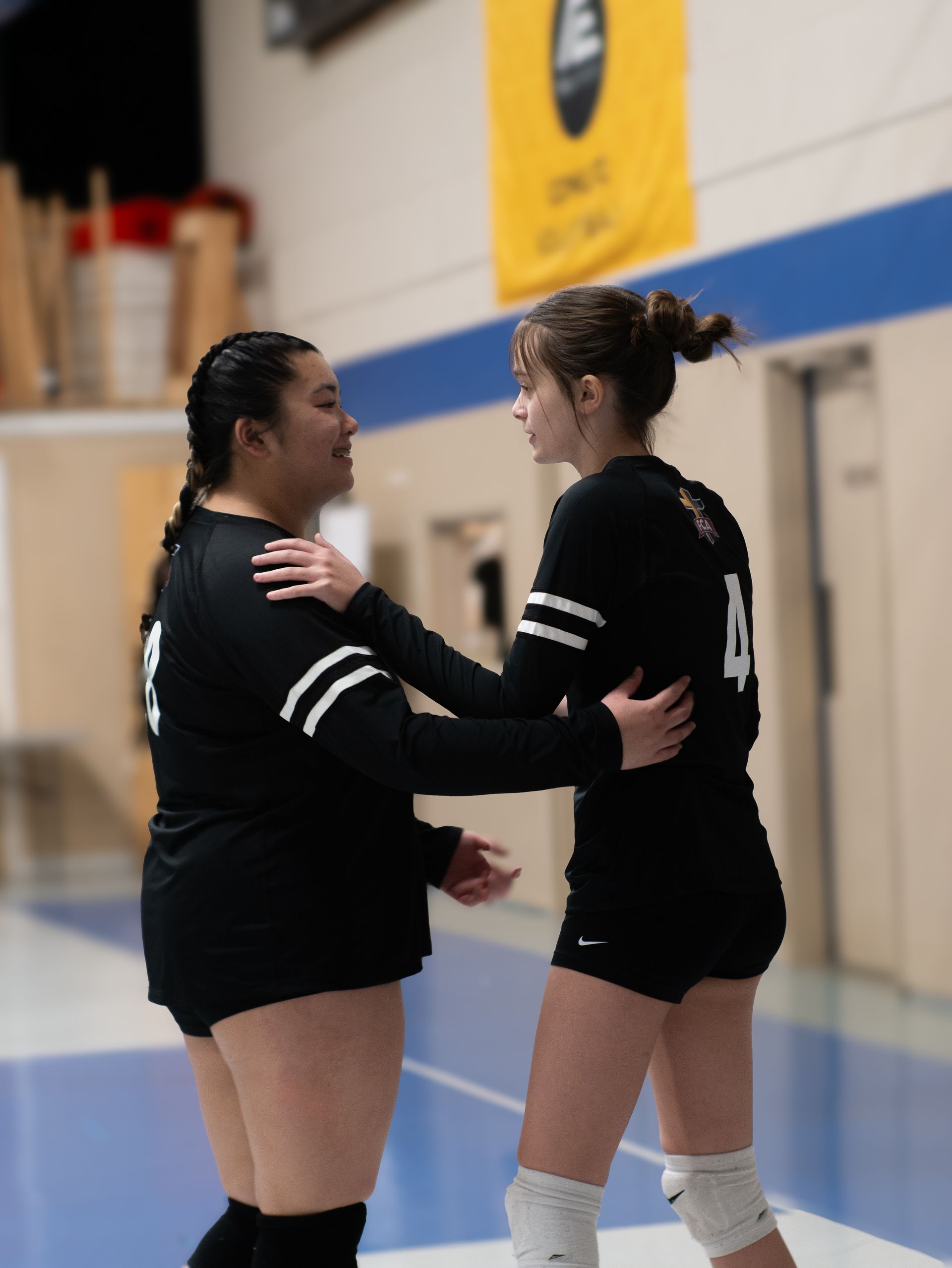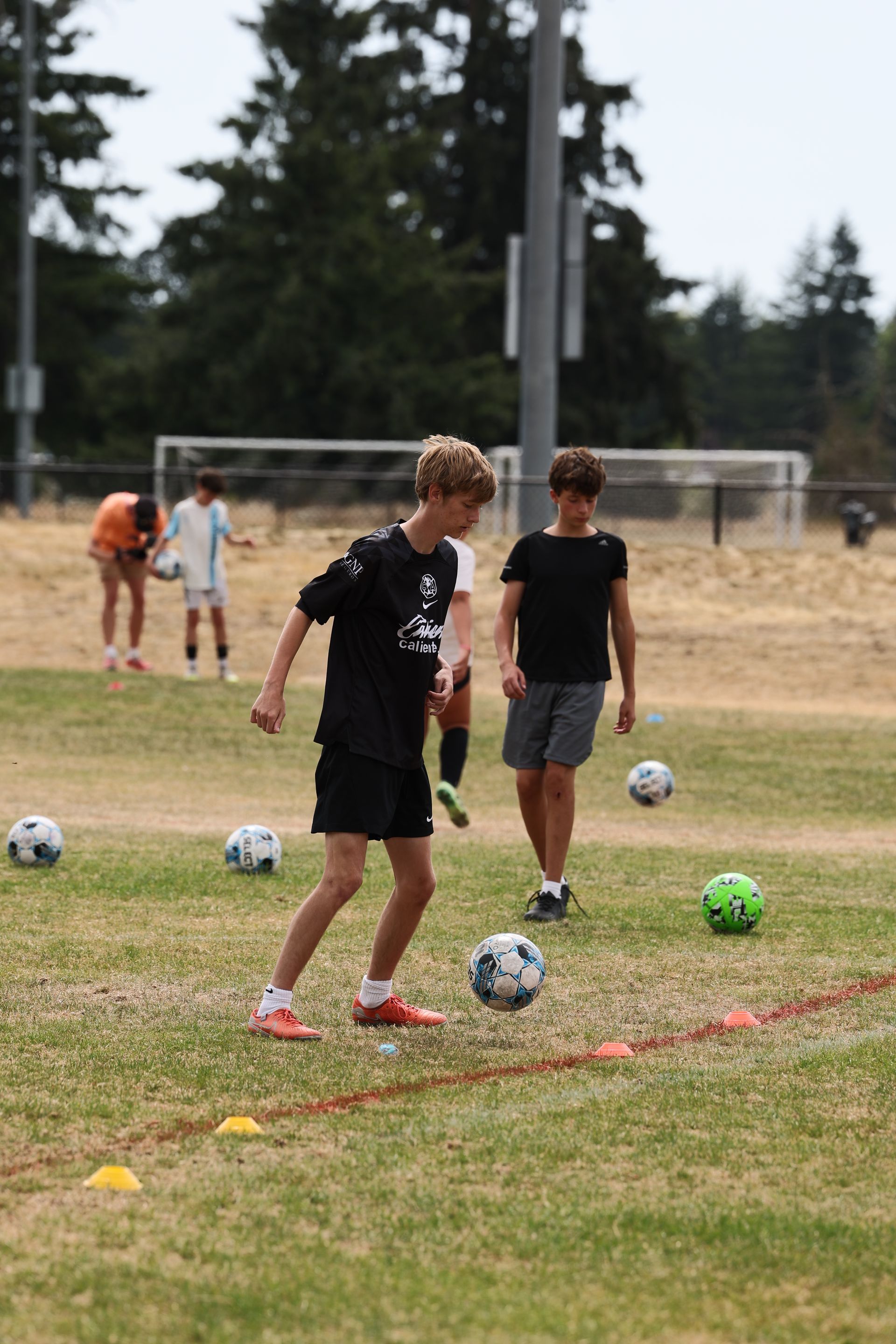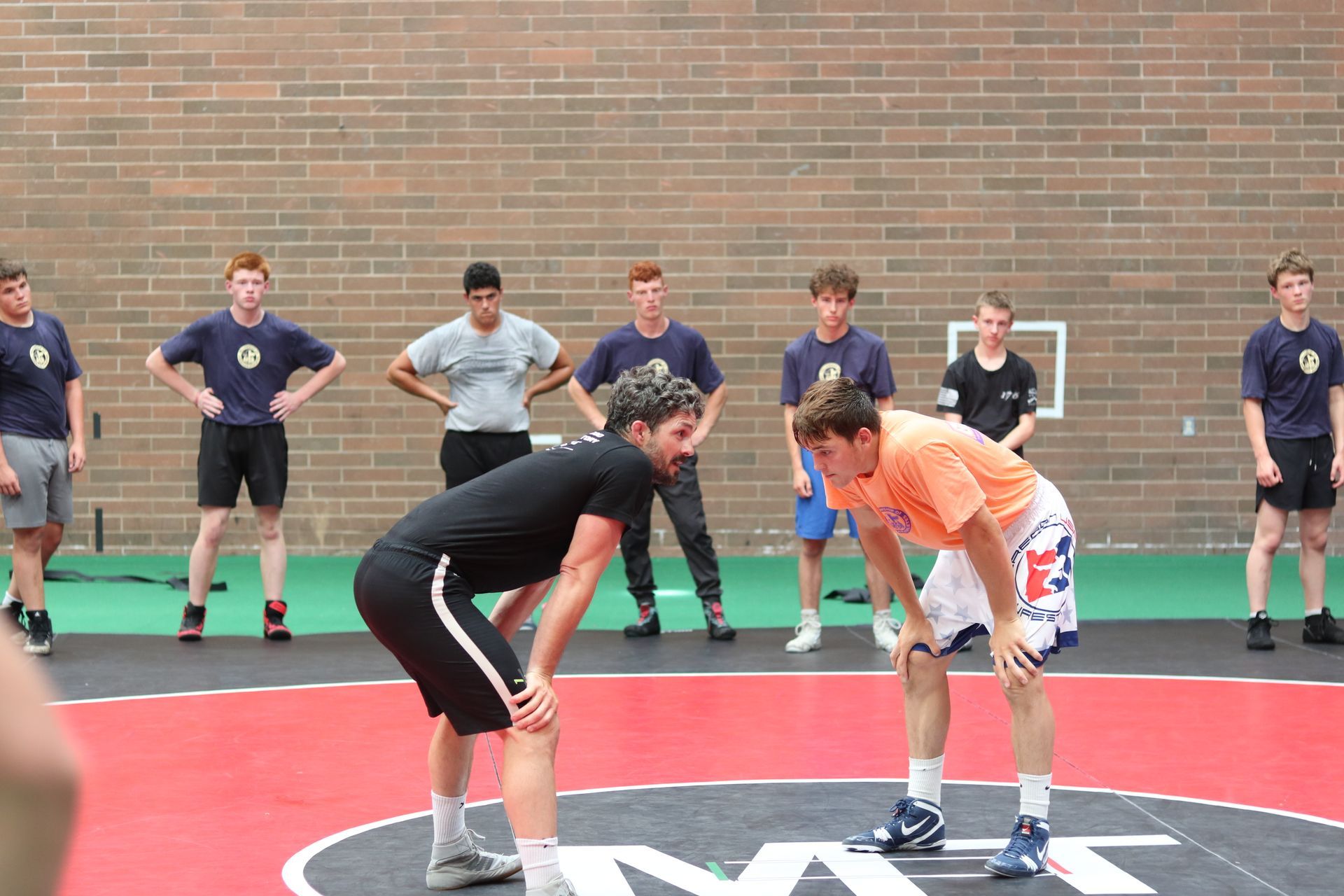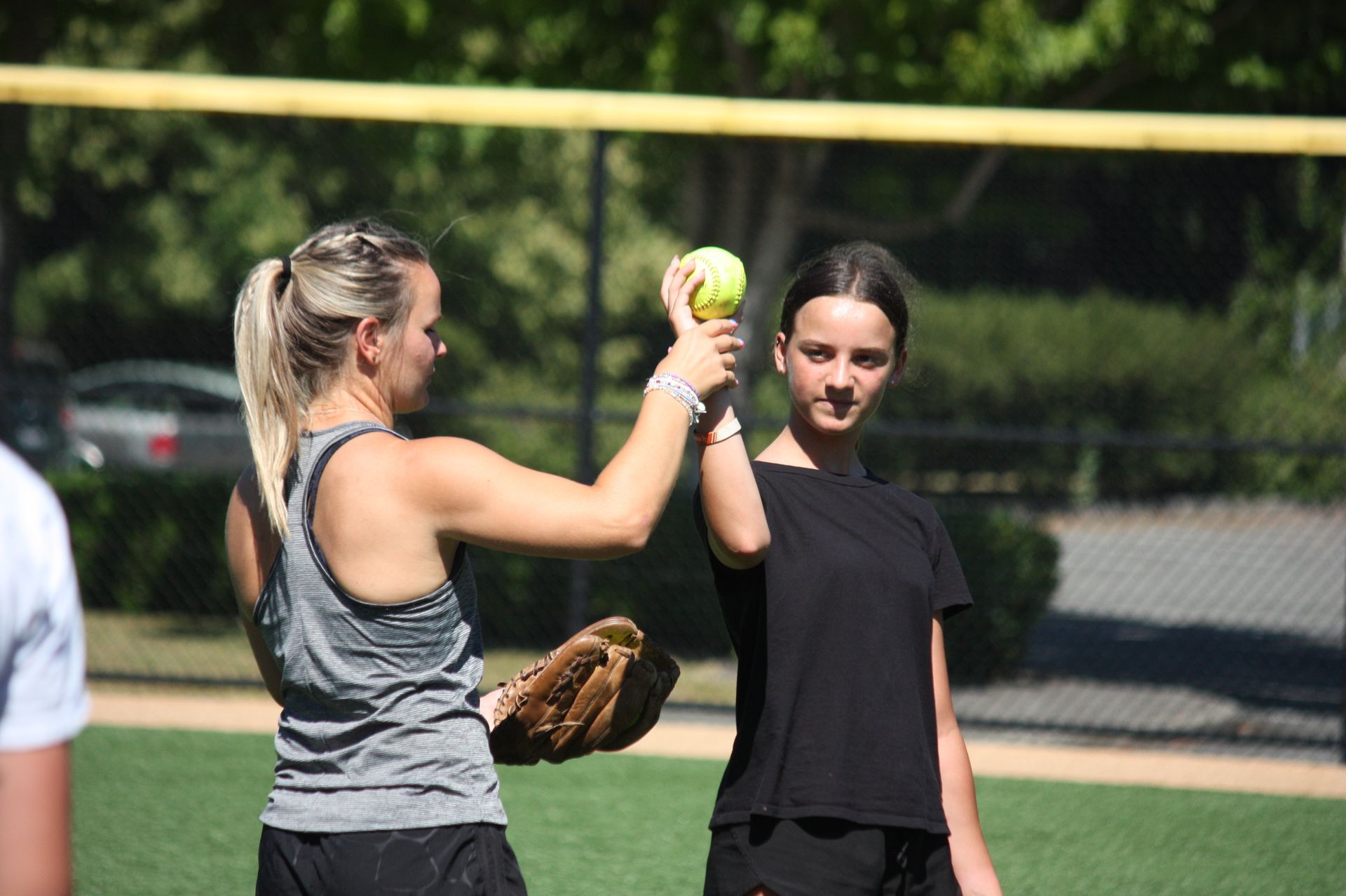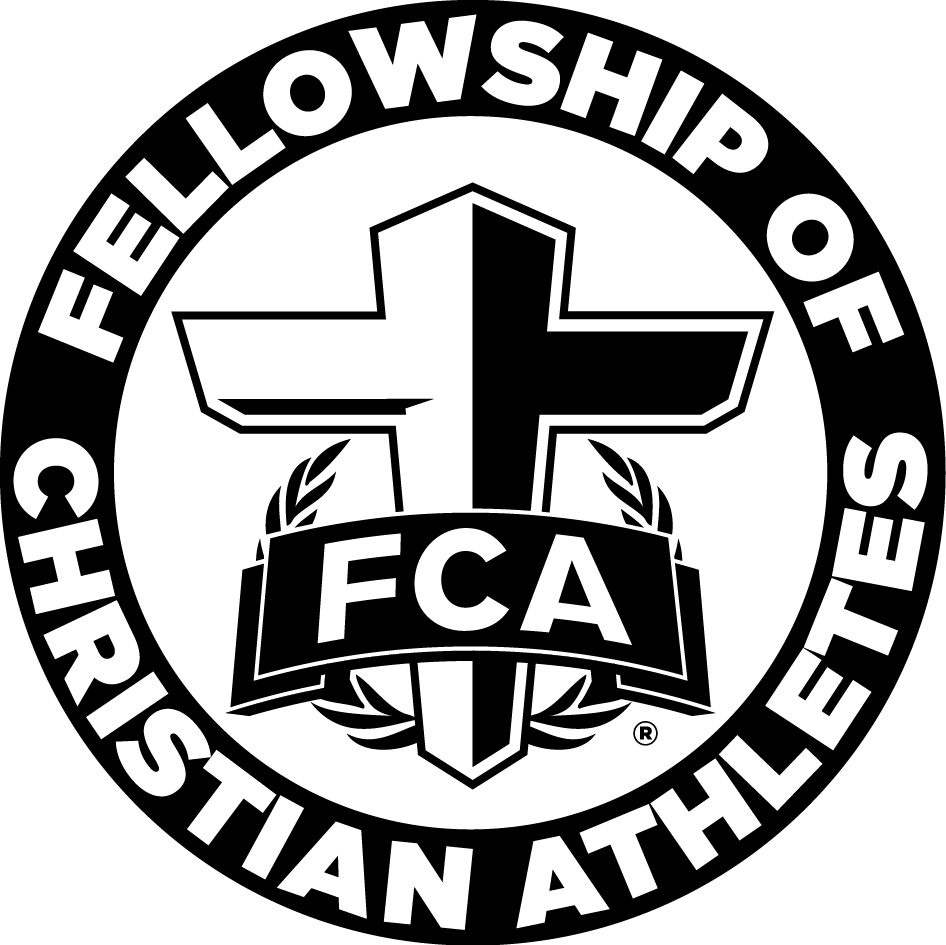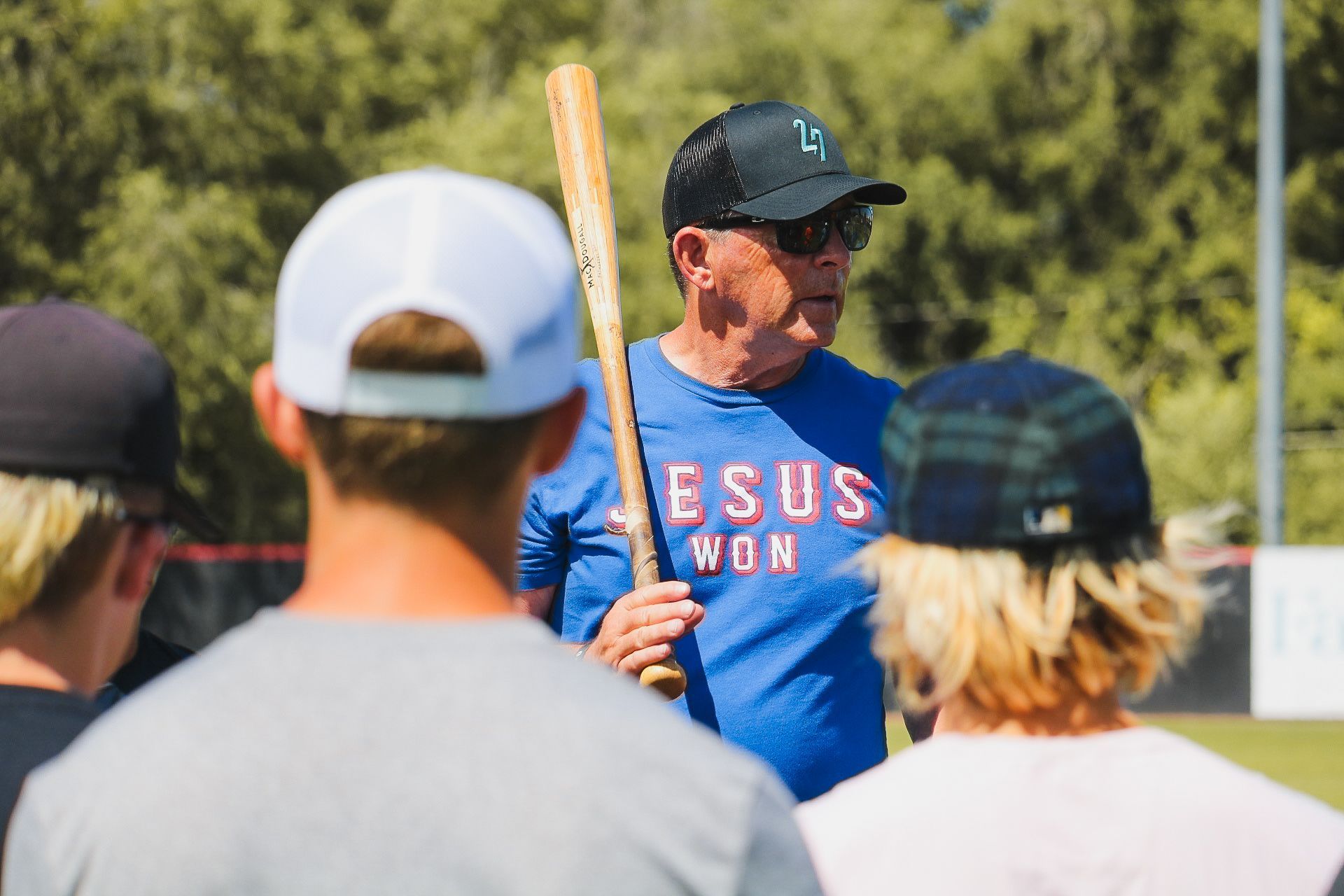
Building Men Through Baseball
When Pat Bailey gazes from his back porch in Corvallis, Oregon, he witnesses a range of breathtaking views.
Literally, a mountain range of them.
On a clear day, he can see the Three Sisters, a trio of volcanic peaks, each exceeding 10,000 feet, that are part of the greater Cascade Range extending from northern California to British Columbia. Turning slightly to the north, he can see Mount Jefferson, another peak with a 10,000-foot apex. And on some days, when the air and atmosphere are just right, he can see the majestic pinnacle of Mount Hood, the tallest peak in Oregon at 11,249 feet.
Such grandeur is a constant reminder of why he and his wife, Susan, have remained in Oregon for 45 years after moving there from Idaho in 1978 when Bailey got a job at a local high school.
“We thought we’d be in Oregon a year,” he says. “And here it is, 40-plus years later, we’re still in Oregon. ... We’re an hour away from the coast. Or if we want to go to the mountains, we’re an hour and a half away from the mountains. It’s beautiful. Personally, I think it's the prettiest place in the country.”
Bailey isn’t a state tourism official. He’s a baseball coach. And over a remarkable 42-year coaching career, he has reached summits—in the world of athletics—similar to those he sees outside his window.
In 1995, after posting a .625 winning percentage over 14 seasons at Williamette and West Linn high schools, he became the head coach of George Fox University, a Christian school near Portland. Over 12 seasons, Bailey compiled a 353-158 record, won eight Northwest Conference Coach of the Year awards, and led the 2004 team to the NCAA Division III national championship—ultimately becoming the winningest coach in school history.
In 2007, Pat Casey, the legendary head coach at Oregon State who had preceded Bailey as coach at George Fox, invited Bailey to join his staff as an assistant coach. The Beavers had just won back-to-back national championships. It was a remarkable opportunity. But Bailey had a proviso.
“I can’t come unless you let me run Bible studies and pray with our guys,” Bailey told Casey.
“Pat,” Casey responded, “that’s one of the reasons why I want you to come here.”
Bailey accepted the offer. “I've always considered my job a mission field.”
During his time at Oregon State, Bailey helped the Beavers program reach the College World Series (CWS) three more times, including winning the 2018 national championship with a team that featured seven All-Americans and six Major League Baseball draft picks, including three first-rounders.
Oregon State’s NCAA title that season wasn’t a shocker. The previous year’s team was ranked No. 1 in the country entering the CWS and finished 56-6 (.903), the best winning percentage in NCAA Division I baseball since Texas posted a .908 mark in 1982. Most of the team’s key players returned in 2018, setting up the historic season.
For Bailey, it was extra gratifying because he hand-selected the players. As the team’s recruiting coordinator, he looked for individuals with strong character, humility, and classroom diligence.
Bailey practiced what he preached. In 2012, he won the annual American Baseball Coaches Association Ethics in Coaching Award.
“The most important thing that we did ... [was] build men,” he says. “We’re in the men-building business. That’s what coaching should be. It’s not about wins and losses; it’s about man-building. And if you do the man-building part, wins and losses take care of themselves. Because culture is everything. Culture eats strategy for breakfast. Everybody has great strategy until they get punched in the mouth. But your culture is who you are and what you’re about.”
When Casey retired after the 2018 national championship, Bailey took over as the interim head coach and led the 2019 Beavers to a 36-20-1 record, including the program’s 10th postseason appearance during his tenure. His top star that season was catcher Adley Rutschman, whom the Baltimore Orioles selected with the No. 1 overall pick in the 2019 MLB draft.
After the season, Bailey applied for the head coach position although he realized, at age 63, he likely wasn’t going to get it. Instead, the school hired Mitch Canham, the manager of the Arkansas Travelers (the Seattle Mariners’ Double-A minor league affiliate) and a former Oregon State star who helped the Beavers win their consecutive titles in 2006-07.
When Canham asked Bailey to remain on staff for 2020, Bailey obliged. But a lifetime of baseball wear-and-tear was catching up to him. He had ulnar collateral ligament reconstruction (“Tommy John surgery”) in 2010 and knee surgery in 2011. In 2022, an MRI revealed arthritis in both hips that might require double hip replacement surgery in the future.
Shortly before the 2020 season started, Bailey had major shoulder surgery, and the painful recovery process took about eight months. Oregon State played only 14 games before the COVID-19 pandemic wiped out the remainder of the season. Bailey admits he was “thankful” for the unexpected break because of his post-surgery pain. But in August 2020, he was let go and landed in a new, though perhaps fortuitous, season.
“I just thought, ‘OK, I really don’t know how much longer I can keep coaching,’” he says. “Because [with] baseball, you have to be able to throw [batting] practice, and you have to be able to swing a fungo and just all those things you have to do to coach.”
Call it a new chapter of life. He has always been a hard worker, thanks to his father instilling a strong work ethic in him. He started working in tire centers and gas stations when he was 14 years old, and he’s not about to slow down now.
“There’s nowhere in the Bible where it says you’re supposed to retire,” he says.
So when Ryan Johnston, FCA’s Pacific Northwest Regional vice president, reached out to Bailey to discuss the possibilities of full-time sports ministry, the longtime coach said, “I’m in.”
Bailey is now FCA’s Multi-Area Director for the Williamette Valley region, which extends from Salem to Eugene and out to the coast. He is also on the coaches development team of FCA Baseball Oregon.
In his home office, Bailey has two verses posted. One is Matthew 9:37-38, where Jesus tells His disciples, “The harvest is plentiful but the workers are few. Ask the Lord of the harvest, therefore, to send out workers into his harvest field.” The other is the prayer of Jabez in 1 Chronicles 4:10: “Oh, that you would bless me and enlarge my territory!”
So far, so good. When Bailey started, he was one of five Williamette Valley staff members. Now there are 10.
“I want to advance our territory here in this area,” he says. “That’s my sole goal, to get into more schools and have an impact on young people.”
As for a potential return to coaching? The 67-year-old Bailey demurs. He has turned down other college offers after leaving Oregon State, mainly for family reasons. He and Susan are relishing time with their two grown children and three grandkids. Bailey’s daughter, who is a part-time administrative assistant for him, and her family also live in Corvallis, and his son’s family lives about 70 minutes away.
“Unless Jesus came into my house, sat on my couch and said, ‘Pat, you have to leave Oregon,’ I’m not leaving,” he says. “We’re really tight as a family. We do a lot of stuff together.”
So Bailey continues to work hard, like he’s always done. But these days, instead of teaching players how to produce at the plate, he trains coaches and athletes how to produce—and reproduce—as disciples of Christ. He leads a weekly Huddle at Western Oregon University; trains groups in E3—FCA’s discipleship course (“Engage. Equip. Empower.”); and helps guide local Student Athletic Leadership Teams (SALT).
“I just love being around young people and doing stuff like that,” he says. “It’s not people my age that are going to change this country. It’s the young people.”
Pray for Pat Bailey as he continues to build relationships in the baseball world and for the work he’s doing on staff. If you’d like to learn more about Bailey’s ministry, visit here.
Learn more about playing for the best team.
Article Courtesy of Fca.org
Photos courtesy of Pat Bailey
Recent Articles
